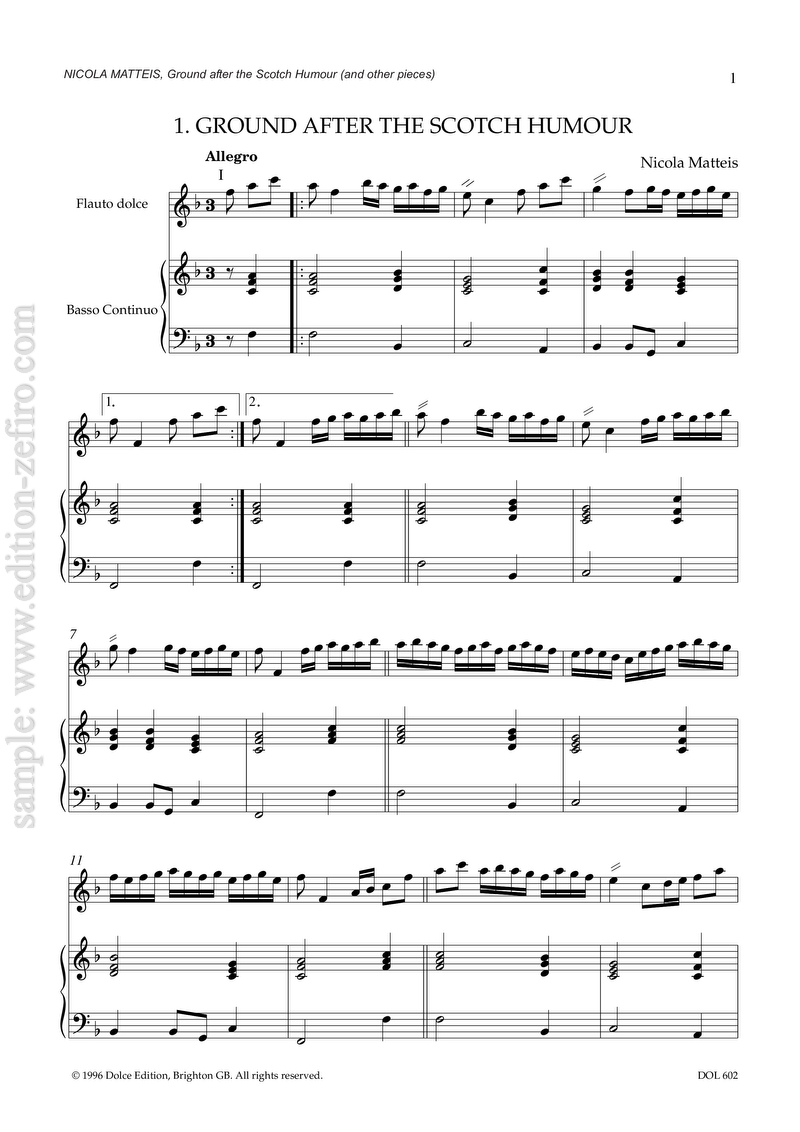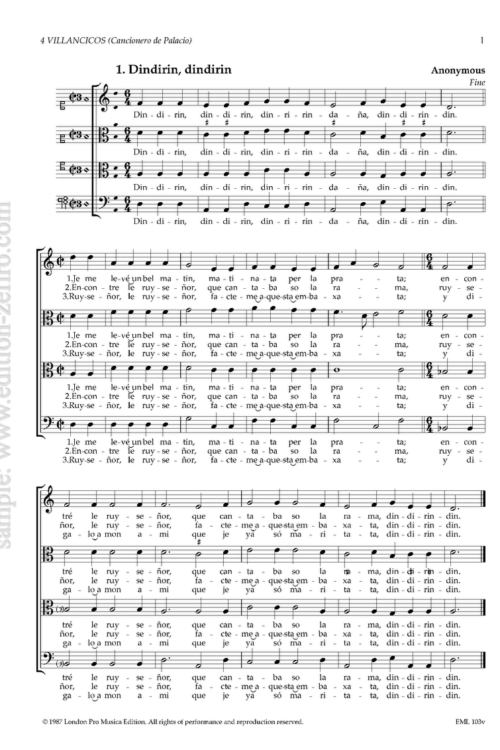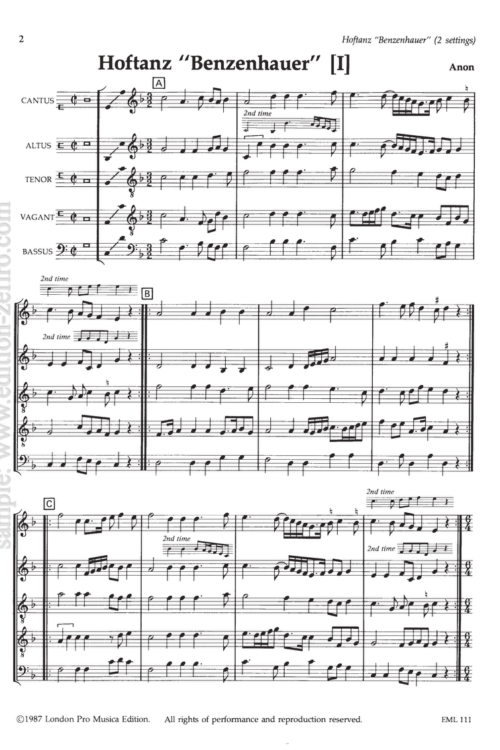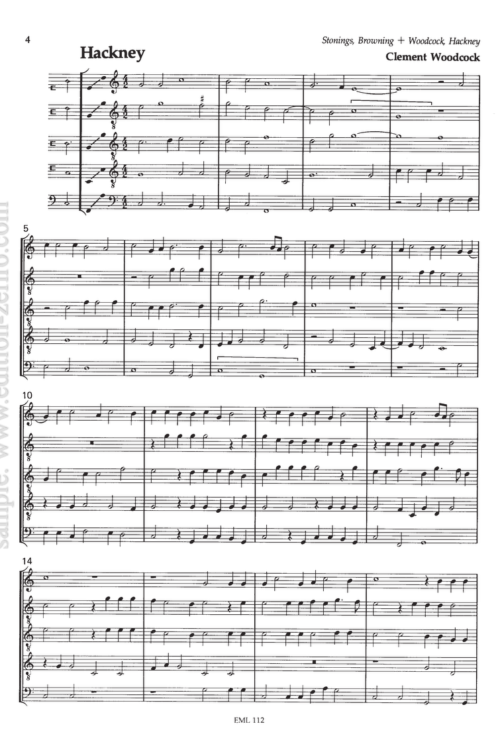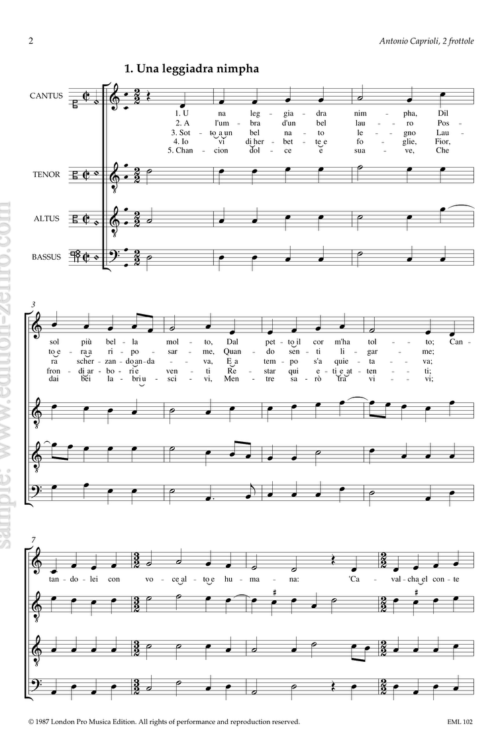Nicola Matteis from Naples moved to London in the 1670s and was an acclaimed virtuoso.
Clearly an improvisor, he excelled in variations on a ground, as in the Ground after the Scotch Humour here.
These grounds and divisions come from Nicola Matteis’ Ayres for the Violin: Preludes, Allmands Sarabands Courantes Gigues Divisions and double Compositions fitted to all hands and Capacities published in London in the mid 1680s.
Nicola Matteis was a famous violin player from Naples, who arrived in London in the early 1670s, after working in Germany for a few years. From surviving descriptions it is clear that he was a powerful and charismatic performer: however his directness and lack of obsequiousness denied him the aristocratic patronage that might have given him a secure living. He seems, unusually for the time, to have survived by giving public performances. The diarist John Evelyn, who heard him in November 1674, wrote that he had “a stroke so sweet and made it speke like the voice of a man, and when he pleased, like a consort of several instruments: he did wonders upon a note; was an excellent composer also.”
Although the majority of Matteis’ pieces were obviously intended for the violin, some are headed “for the flute” (recorder), including number 6 in the present selection. Not surprisingly, these are simpler in style than the violin pieces.
In 1687 a supplement to Matteis’ Ayres was published, including a second treble part: two of the pieces printed here, the Ground after the Scotch Humour, and the Gavotte exist in this form. We have included a separate part for a second instrument (violin, oboe, tenor recorder etc.), though we have not included it in the score.
An alternative version for soprano (descant) recorder is available here ↣.
(Bernard Thomas)
- Ground After the Scotch Humour (+optional 2nd part)
- Ground in G minor (per far la mano)
- Aria Con Divisione I
- Gavotte con Divisioni (+optional 2nd part)
- Aria Con Divisione II
- Aria Con Divisione (for the flute)
- Ground


